I remember thanking her, and as I rolled back to sleep I realized that if it were true, that the war was over, then this would be the first time in my adult life that I would not have the Specter of Death, the Vietnam War, skulking around the corners of my life. What would I do now?
Beginning at the age of 16, there was one big scythe swinging over me, ready to chop me down like the end-of-summer wheat and anything my future might hold. Any success I would ever have in love and life hinged almost daily on the events in a land very far away that many had never heard of. And the scariest part of all was having little control over how these events would shape the immediate years of my life. It all depended on how the reapers in D.C. would handle them. All the power was resting in the hands of a few old men hungry for dominance and embarrassed by failure. But at 3 a.m. on January 23, 1973, a friend woke me to tell me that the Vietnam War had ended. I remember thanking her, and as I rolled back to sleep I realized that if it were true, that the war was over, then this would be the first time in my adult life that I would not have the Specter of Death, the Vietnam War, skulking around the corners of my life. What would I do now?
At the time, I was living at the corner of 13th and Euclid street in Washington, D.C., a part of the U Street Corridor, sometimes called Cardozo/Shaw or Cardozo. From the 1920s until the 1960s it was the city’s black entertainment hub called Black Broadway and the heart of black culture in D.C. I lived there in the 1970s before the area fell to the sickle of gentrification, changing the demographics.
The house I lived in was part of the larger Community for Creative Non-Violence, simply known as CCNV. The house had been started by Mitch Snyder who would later become known as one of the most influential people ever involved in the struggle to help the homeless and was the subject of a made-for-television 1986 biopic Samaritan: The Mitch Snyder Story, starring Martin Sheen. We worked closely with our companion house in Baltimore called Jonah House, which had been started by Phil Berrigan, a Roman Catholic priest, after he was released from Danbury Federal Prison, a residence he had been given by the powers-that-were because of his acts of civil disobedience against the Vietnam War. Before this, as a priest in the deep south, Phil had been involved in the civil rights movement and the freedom rides and was one of the first white priests, if not the first, to take part in a civil rights march in the south.
But now we all had a question, the same question that paced through my dreams that night in January. What do we do now? Where to put all the energy that once went into bringing an end to the war? Resistance to oppression in all its ugliest forms from racism to war must continue. Mitch and the rest of the Euclid Street members felt that helping the homeless was the greatest need. Phil Berrigan and Liz McAlister and the rest of the Jonah House people felt that nuclear disarmament was where we should put our efforts. Because I had started life in the “Atomic City” of Oak Ridge, Tennessee, where my dad had worked for the Manhattan Project, I grew up with some of his thoughts on nuclear weapons and war, and I was leaning toward the Jonah House group, which I joined, and moved to Baltimore.
While refreshing my memory of my time with Jonah House, I came across a line written by Phil Berrigan and Liz McAlister in their book The Time’s Discipline: The Beatitudes and Nuclear Resistance from November 1975: “Dan Sanders, Jim McNeil, and Phil Berrigan painted ‘Disarm Now’ at the embassies of the nuclear club.” This “club” was all the countries having nuclear capabilities, and in fact, we had done that at the British, Indian, and French embassies with stencils we had made the night before and cans of red spray paint. So armed, we left Jonah House in Baltimore under cover of night and drove to Washington, D.C. with our maps and previous reconnaissance (remember, this is 1975, a time before computers, cell phones, and GPS systems).
It was a cold windy night in November as we made our way around corners and under cameras. Looking back now, I think I may have felt almost Ninja-like—Dan Sanders, Peace Ninja—yeah, that was me. But we soon ran into one big problem, the wind. While spraying the stencils to the sides of the buildings the wind blew and the red paint ended up all over our hands. But we completed our mission and moved on to the next embassy. At around two in the morning, as we roamed about looking for the Russian embassy, it became clear that either the Russians had heard about us and moved the embassy or we had the wrong address based on or own bad intel, but we continued the search.
I always seemed to be the driver on our adventures, but it wasn’t for a quick getaway, not in a VW bug, and when I saw the flashing lights and unmistakable sound of a police car siren in back of us, I pulled over and a plain-clothes government guy with a plain face got out of his plain-looking car and walked toward me. I remember looking at Phil and saying I think we are done for this night. As the plain-looking man stood at the car window asking for all the necessary documents, driver’s license and registration, I knew we were done for more than the night when I handed him these things with hands covered in red paint. The three of us were quickly handcuffed and taken off to jail, and to this day I do not know what part of D.C. we were taken to. The three of us were put into one cell and the processing began, as one by one we were taken out for interrogation. I imagine they wanted to compare the stories they got from each of us. They took me first, and I was asked by the plain-looking man in the plain-looking clothes what it was we were trying to do. His plain face did not break into even a plain-looking smile when I said we were trying to find a hardware store for more red spray paint. Phil was the next to be interrogated, leaving me and Jim in the cell. Jim, a seminary student, asked what kind of time I thought we might be facing and I said considering we defaced the property of three foreign governments I figured about 5 years apiece or 15 years, and Jim gasped and said, “I can’t do 15 years. I have a test next week!”
We were held overnight but released the next day when the British, the only ones to react, dropped the charges. But from that shaky red-handed beginning almost 50 years ago people like Elizabeth (Liz) McAlister, peace activist and former nun of the Religious of the Sacred Heart of Mary, and others at Jonah House still carry on what is now known as the Plowshares movement, so-called from the writing of the prophet Isaiah who urged the people to “beat their swords into plowshares” and learn war no more. Their aim is to stop nuclear proliferation, and they were still in jail as recently as the fall of 2019 for nonviolently and symbolically disarming the Trident nuclear submarine base in Kings Bay, Georgia, on April 4, 2018. I am so proud to have been part of the beginning of that continuing effort.

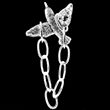
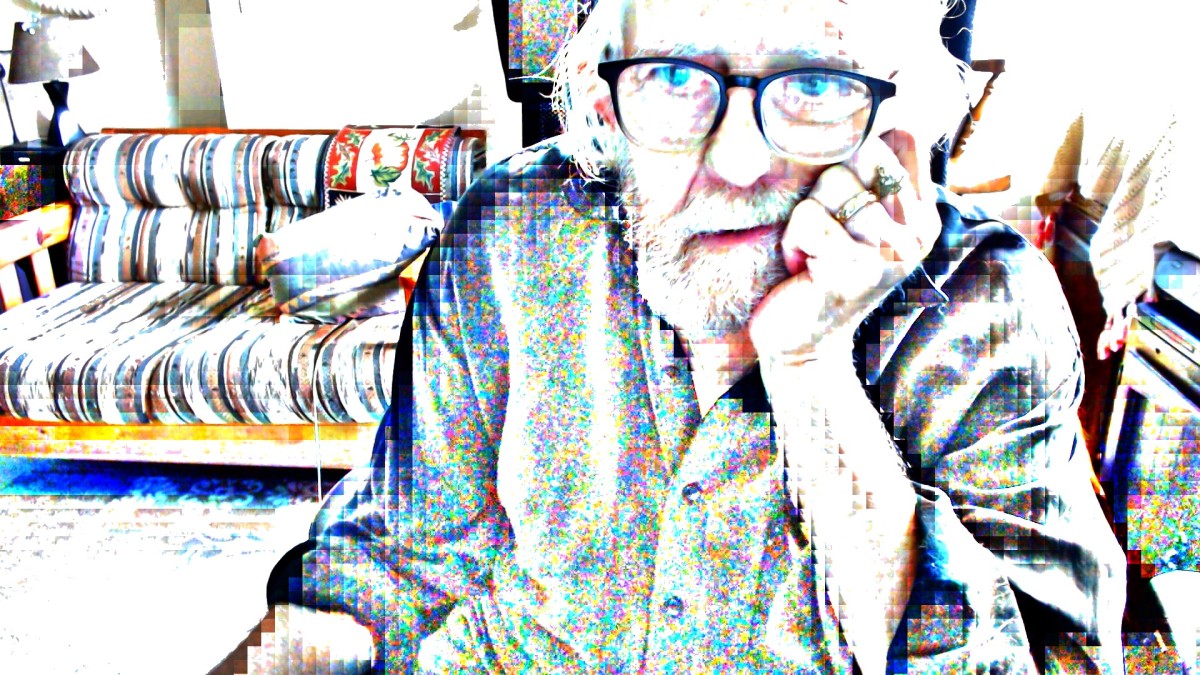
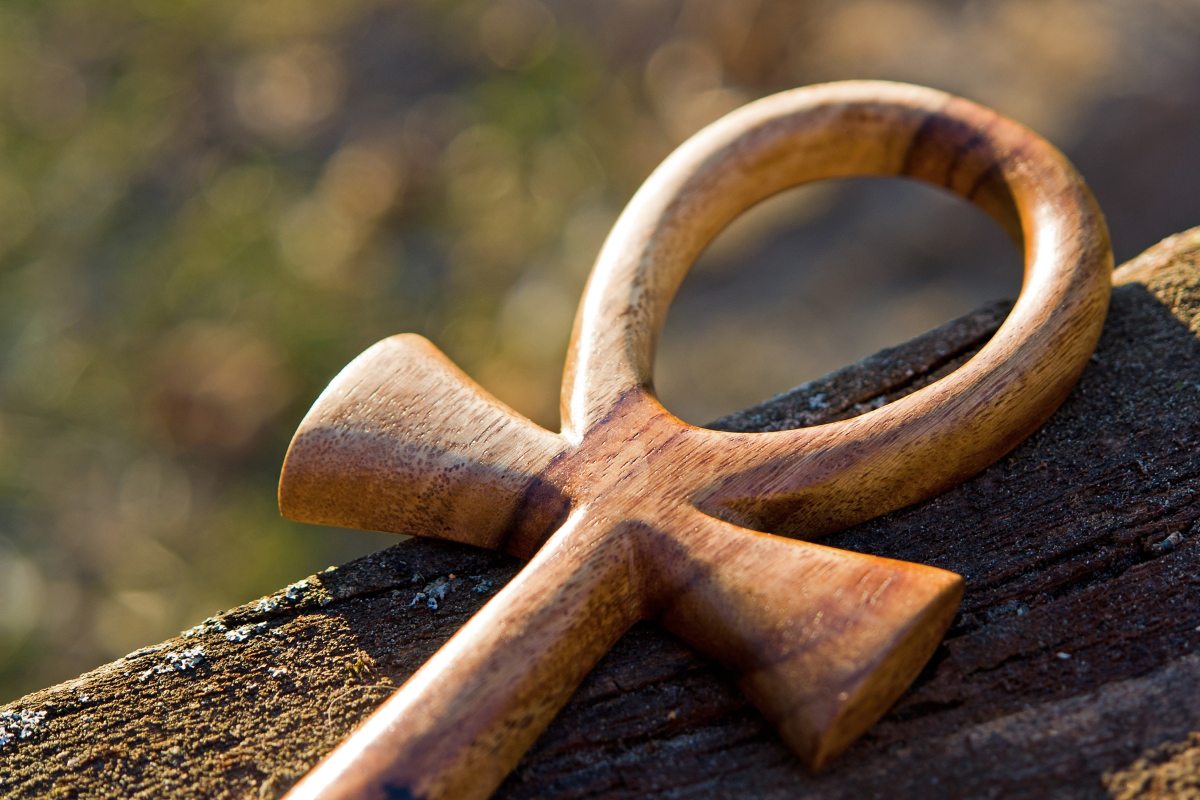
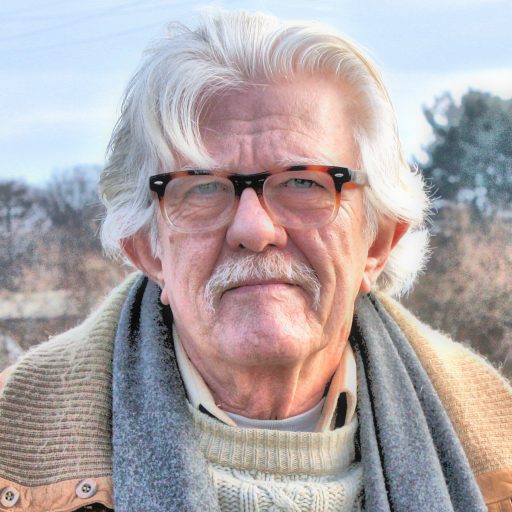
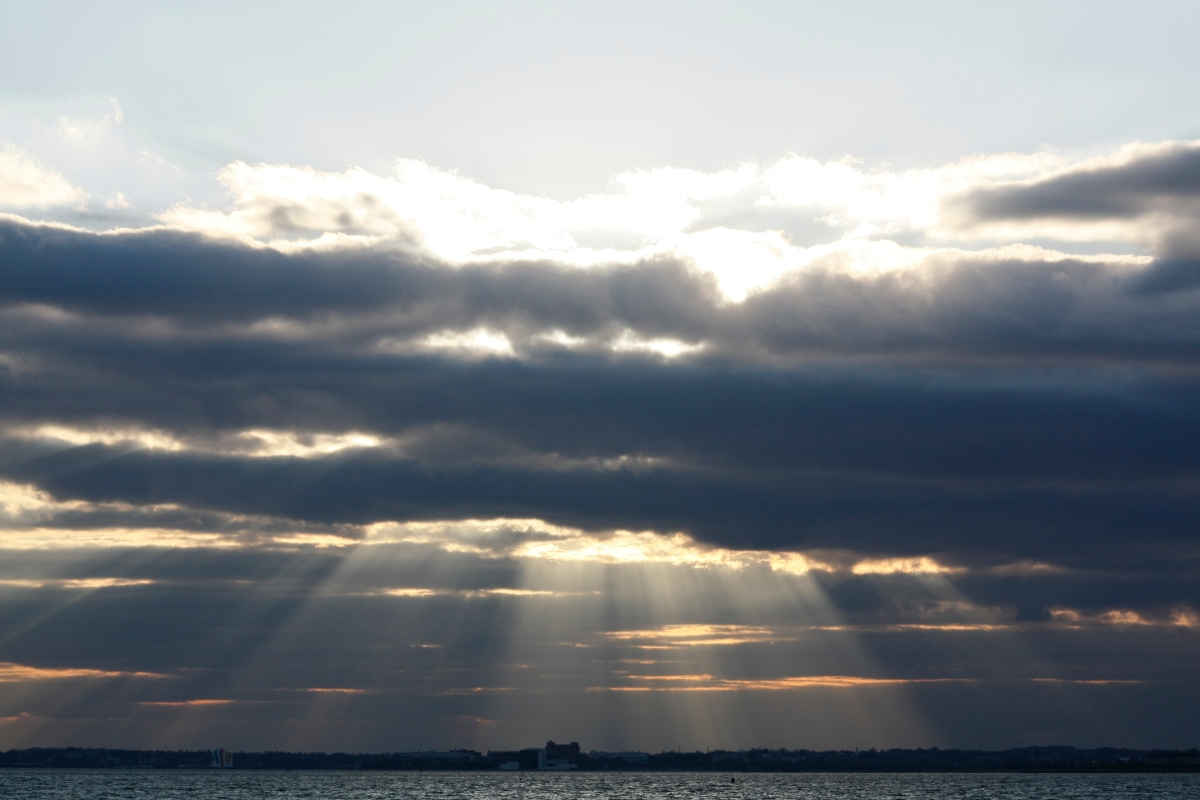
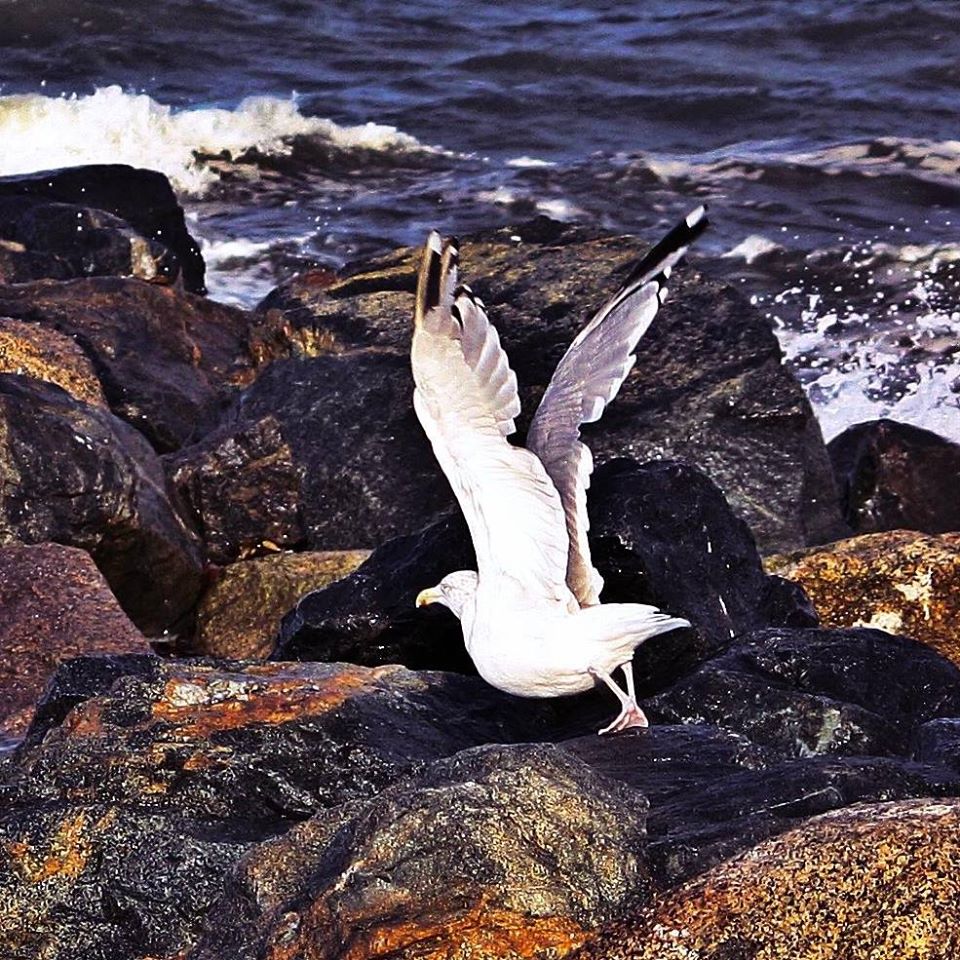
Leave a comment